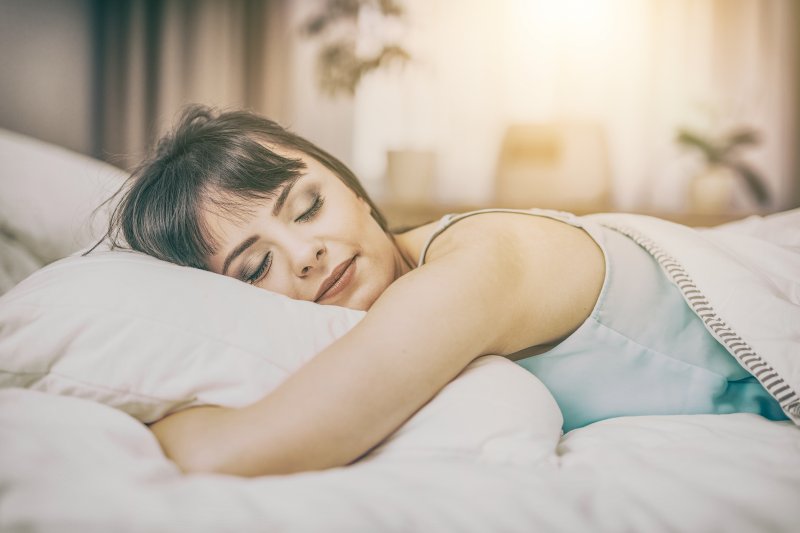
Does each sex experience sleep differently? Are women and men uniquely affected by rest? The answer is a resounding “yes.” Today, we take a look at the role of sleep in women and how it is uniquely different than that of their male counterparts.
Women and Sleep
A recent study conducted by Uppsala University in Sweden examined the relationship between sleep deprivation and short-term memory in 24 young adults, consisting of equal numbers of men and women. Researchers had half of the participants pull an all-nighter, while the other half were allowed to sleep through the night. Afterward, they were asked to complete a task to test short-term memory: participants had to recall an 8-digit number sequence. Half of the group learned the sequence in relative silence, while the other had an “auditory distraction” present.
While it is important to note that the study was conducted with a small sample size and that more research is needed, women’s working memories (or short-term memories) were affected more than their male counterparts — women had more difficulty recalling as many digits. Interestingly, women were also not aware of the decline in memory that resulted from a lack of sleep. This study points to the fact that sleep is particularly important for women’s short-term memory and that women are more affected by sleep deprivation. But why is this the case?
The National Sleep Foundation definitively points to the expert opinion that women need more sleep than men — up to 20 minutes more. This is believed to be true because women multitask more, using more brain power on a daily basis, and therefore need more time at rest to rejuvenate.
Additionally, approximately 15 percent of women report having issues sleeping, compared to only eight percent of men. And women are 2-3 times more prone to insomnia than men. When it comes to other sleep disorders, women are less at risk for sleep apnea than men, until they pass menopause, and then women are as equally likely to develop sleep apnea as their male counterparts of the same age.
Possible Solutions
There are many strategies that either sex can try when attempting to improve their rest:
- Sleep in complete darkness and block out all artificial light with an eye mask or blackout curtains.
- Give yourself enough sleep opportunity. Most people do not fall asleep as soon as they hit the pillow, and most do not stay knocked out for 7-8 hours at a time. Give yourself an 8-hour sleep window every night, which means you’ll be likely to land within the recommended 7-9 hours of sleep.
- Turn off all electronics an hour before bed.
- Keep the bedroom cool, between 60 and 70 degrees Fahrenheit.
- Limit caffeine and alcohol intake in the afternoon and evening.
- Get regular exercise.
When to Get Help
While it may be true that women need more rest and suffer more from sleep deprivation, frequently feeling sleep-deprived and unable to complete everyday tasks is never normal. If you or a loved one have persistent sleep problems despite having a healthy bedtime routine/environment, you may be suffering from an underlying sleep disorder. Insomnia is the most common sleep disorder in the U.S., but it is closely followed by sleep apnea.
Sleep apnea affects about 18 million Americans every night according to the National Sleep Foundation. It is characterized by a number of cessations of breath during sleep that often wake a person up multiple times a night and falsely lead them to believe they have insomnia.
Sleep apnea can vary in type and form. Obstructive Sleep Apnea (OSA) is caused by the relaxation of the soft tissues in the mouth and throat during rest, which blocks the airway, while Central Sleep Apnea (CSA) is a neurological issue where the brain stops sending the body the signal to breathe during sleep. OSA is by far the most common type of sleep apnea.
Dr. Jeff Rodgers is a certified expert in dental sleep medicine and a Diplomate of the American Board of Dental Sleep Medicine and the American Sleep and Breathing Academy. Using an approach called oral appliance therapy, he can help a sleep apnea patient sleep symptom-free through the use of a small, comfortable and custom-made appliance that looks similar to a mouthguard or retainer.
To learn more about sleep apnea and how we can help you overcome it, contact us today for a free consultation.
